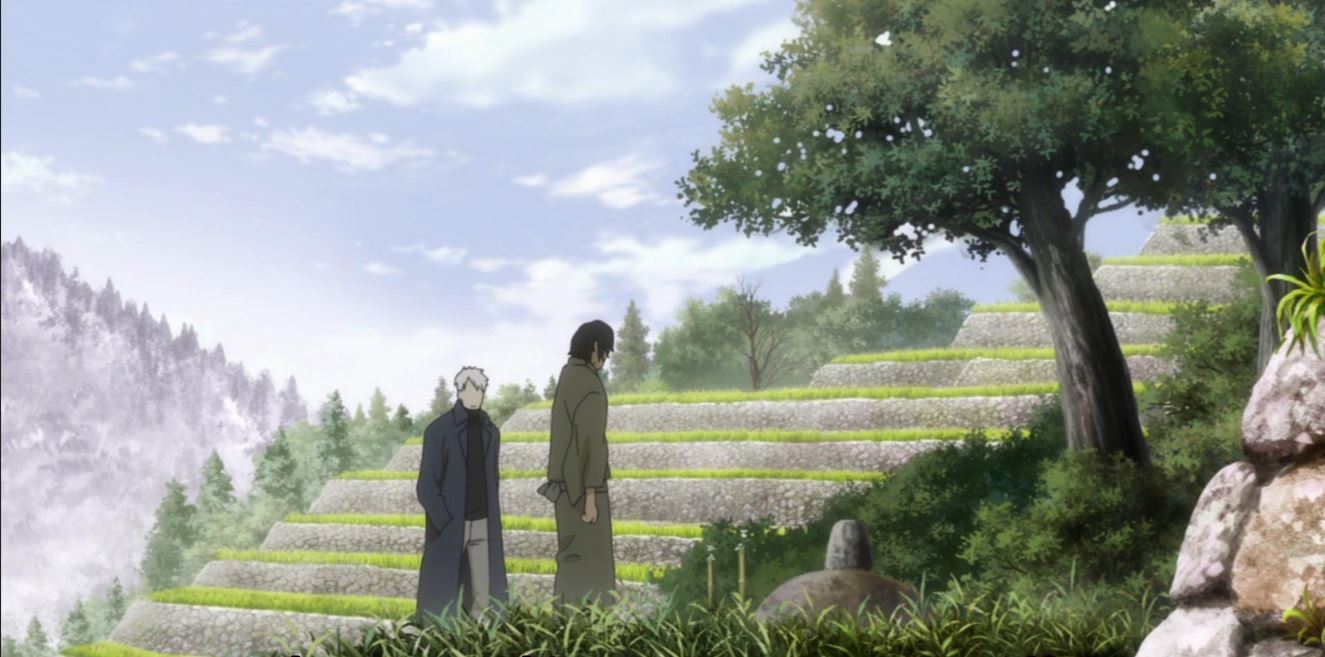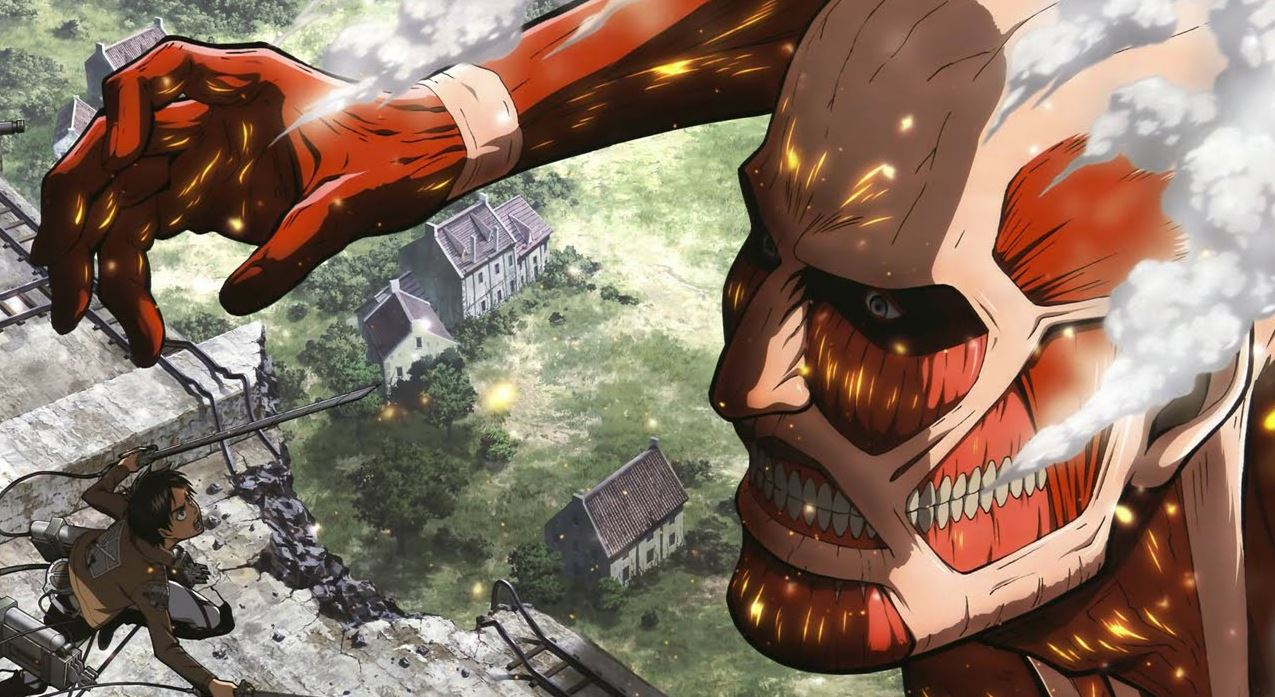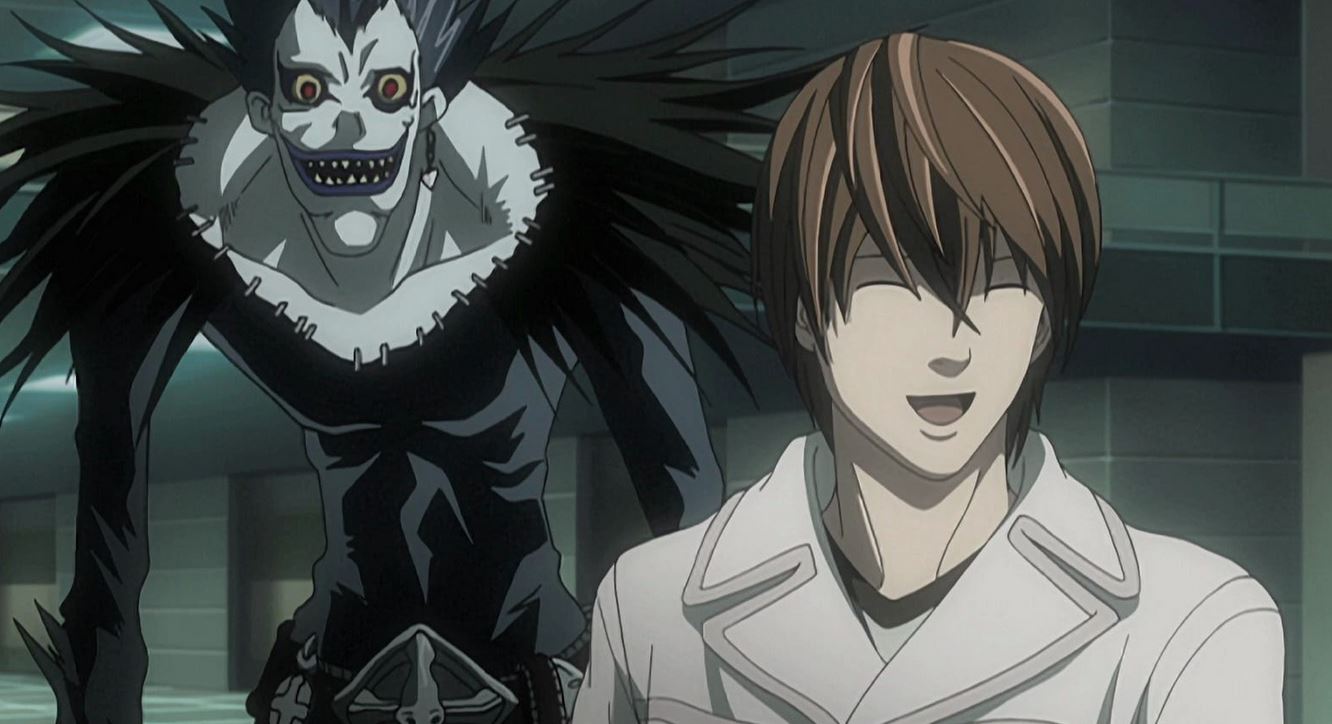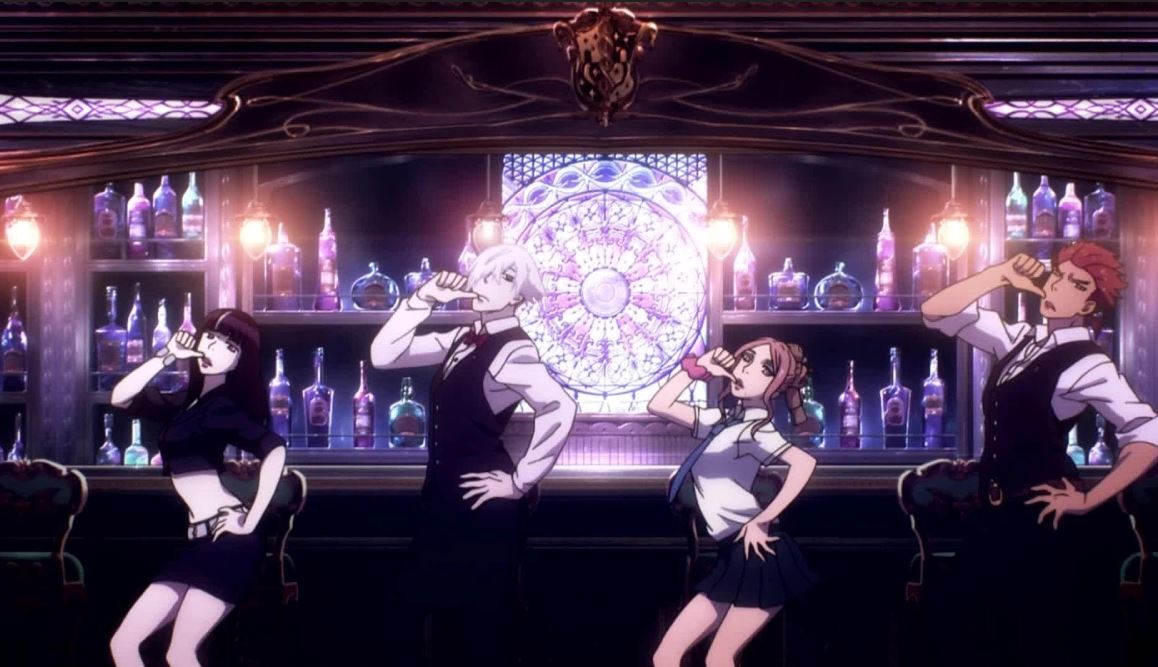Philosophy is a rather rare topic for Anime since most shonen Anime usually feature awesome fight scenes and brawl to the death without really giving a second thought to morality. This isn’t wrong in any way since this is also entertaining in a way, sometimes the viewers want something they can watch while shutting down their brains and just relaxing.
However, there’re a certain few Anime that truly have deeper meaning and aren’t afraid of exploring the concepts of life, death, right, wrong and morality.
The philosophical Anime that I like the most is Mushi-shi.
Read this article to know more about the top philosophical Anime.
What precisely is anime?
Anime is a subculture of Japanese animation that is either produced or influenced by it. It is the Japanese word for cartoon or animation, and it refers to all cartoons from any country.
Dramatic closeups and zooms, sumptuous lighting, and vibrant colors all contribute to the emotional atmosphere of the anime. Aside from its distinct visual style, anime has captivated audiences with its nuanced characters and captivating plotlines.
What exactly is a philosophical anime?
Philosophical anime, in particular, excel in emphasizing this distinct strength.
Anime has grown its own niche that can no longer be confined by adjectives like ‘children’s animation’. With a diverse spectrum of genres and tropes, it has evolved into a versatile storytelling tool.
As a medium, anime provides producers with a unique opportunity to deliver deeper messages in a visually stunning fashion.
Which Anime has the best Philosophy?
Topics like philosophy are highly subjective and each person has varying views on the topics covered by philosophy, there’s one Anime in particular that catches my eye and makes me think deeply and that’s Mushi-shi.
Mushi-shi

Mushi-Shi is a deep philosophical Anime series released in mid-2005, There’re a lot of surprises in store for you, granted if you’re patient and optimistic.
Here’s a short synopsis.
Plot
Mushi is the most fundamental form of life in Japanese mythology.
They live a simple existence without ambitions or purposes besides living. They’re free from societies or ethical values of good or bad. Mushi is capable of imitating natural occurrences such as vegetation, diseases, and even rainbows.
This is only a hazy concept of the things that inhabit Mushishi’s colorful universe; to term them a type of life would be a gross simplification. Because the vast majority of the population is unaware of Mushi’s existence, detailed information on them is sparse.
What exactly are Mushi, and why do they exist?
This question is what Mushishi and Ginko, are continuously pondering. Mushishi is those who study these ethereal beings to better understand their role in the world’s food chain.
Ginko investigates reports of events that may be related to Mushi to discover an answer.
After all, it could perhaps answer society’s most asked question, “What is the meaning of life?“.
My Honest Opinion
Mushi-Shi is not your standard Anime with charming big-eyed heroines having crushes on boys, trite harem plots that get old quickly, or brutal, senseless samurai committing seppuku.
Mushi-Shi is a one-of-a-kind show, a lovely show with class and poignancy. You’ll need to think deeply to understand this complex and exciting Anime.
At first, you believe you’re watching a show about a life force called Mushi and a traveling guy named Ginko who studies them, but the chapters all have moral lessons to teach that go beyond the fundamental plots.
The majority of the episodes are basically about human connections. The Mushi are only incidental to the complexities of personal relationships.
For example, in the wonderful A String from the Sky episode, the story isn’t actually about the Mushi string that snatches the girl and flings her into the sky; the main lesson being taught is the importance of trust between a man and a woman who profess to love each other.
Without that trust, the relationship will perish. The episode One Night Bridge isn’t about a mushi bridge that arises once every twenty years—rather, it’s about a love so strong between a youthful girl and boy that even the sensation of death cannot fully shatter their passion.
There are also unexpected moments of humor in the narrative and the primary character of Ginko, which help provide some levity to the severe situations that occur in the majority of the episodes.
A special mention should also be made of the gorgeous music soundtrack, which was excellent for the series and added to the Anime’s sense of depth.
You can hear Mushishi’s Full OST here:
What are the most Thought-Provoking Animes?
Occasionally, Anime can be a wonderful diversion from the harsh realities of the outside world. Escapism may bring comfort, and many Anime masterfully make use of this.
Here is my list of thought-provoking Anime, check them out!
Attack On Titan

Saving mankind from extinction is a common theme in sci-fi, and the threat to humanity in the Attack on Titan’s post-apocalyptic reality is enormous people-eating monsters.
The characters of Attack on Titan have spent their entire lives behind walls built to keep the Titans out, yearning for the chance to explore the outside world and live their lives free of constant terror.
It sounds like a standard shonen, but the series quickly becomes gloomy, and it’s not hesitant to toy with the gruesome death of thousands. You might be wondering what makes a gruesome Anime like this so thought-provoking.
Well without trying to spoil too much, this Anime perfectly captures philosophical themes like:
- Who dictates life and death and why?
- Is it wrong to kill for your gain?
- What does freedom truly mean?
- Revenge and its consequences
- Do ends justify the means? (Is genocide justified if it can lead to world peace)
Death Note

The human world is polluted by heinous murders, petty thefts, and unnecessary violence. The world of death gods, on the other hand, is a mundane, unchangeable gambling den.
Light Yagami, a brilliant 17-year-old Japanese student, and Ryuk, the sadistic god of death, share one belief: that their worlds are rotten.
Ryuk releases his Death Note into the human world for his enjoyment. Light comes across it and laughs at the first of its rules: the individual whose name is inscribed in this letter will perish. The temptation is too strong, and Light explores it by scribbling a felon’s name, which frighteningly reenacts his first murder.
Aware of the dreadful godlike power that has come into his hands, Light, dubbed Kira, follows his cruel sense of justice with the ultimate objective of purging the planet of all evildoers.
The meticulous brilliant detective L is already on his tail, but as Light’s intelligence rivals L’s, the epic chase for Kira becomes a furious battle of wits that can only end when one of them dies.
Death note is one of the most popular Anime and Manga series to date here’s more info.
| Written by | Tsugumi Ohba |
| Published by | Shueisha |
| Demographic | Shōnen |
| Running period | 1st December 2003 till 15th May 2006 |
| Volumes | 12 |
Its main philosophical themes are:
- Does anybody deserve to die?
- Is vigilante justice justified, or does the process of law matter?
- Absolute power also absolutely corrupts an individual.
- If absolute power is wrong, why does it work in maintaining peace?
What Is The Best Philosophical Anime That Is Eye-Opening?
The best philosophical Anime that’s eye-opening is the Death Parade.
Death Parade

Most people will either go to Heaven or Hell after they die. Death, however, takes a small number of people to Quindecim, a pub in which only pairs of people that die at the very same time can enter.
Decim, an enigmatic character who also serves as the arbitrator, is present at the bar. He judges those who end up at Quindecim by engaging them in a life-or-death game. These games determine whether or not the patron’s soul will be reincarnated into a new existence or be sent off to the void, and never be seen again.
From billiards and bowling to fighting games, each patron’s true nature slowly emerges as they wager their souls. Though his tactics remain constant, the unexpected emergence of a black-haired amnesiac forces Decim to reconsider his own decisions.
Because the series is based on the essence of death, it also imparts a comprehension of it.
Every episode is centered on something our protagonists experienced in the previous lives that lead them here. For what it’s worth, Death Parade emerges as a series of teachings—to truly explain why the characters are there.
The games (which vary from episode to episode) uncover the vulnerabilities of the contestants while also deciding their final fate. It’s incredibly thought-stimulating because the series capitalizes on these concepts and truly delivers on its potential. The winner or loser of the game isn’t essential because it focuses on the morality of the participants’ values.
Decim, the bartender at Quindecim Bar, supervises these games. With his signature silver hair and a suit to match, each match becomes a spectacle.
The tale is not broken into arcs or linear because of the show’s format. Rather, it builds on concepts and develops on them through the characters.
The show’s themes are diverse, including vengeance, envy, suicide, hatred, loneliness, vengeance, as well as other mature topics. In a very serious two-episode continuance, even homicide becomes a matter of focus.
Death Parade’s use of these themes demonstrates how lethal the event can be. And when it comes to those subjects, it represents the best in our primary characters. As a result, don’t anticipate many of the show’s side characters (or rather players) to remain. Their fate is determined after each game.
Some will undoubtedly leave powerful impressions and may even give you a “wow, that’s what I used to be like or want to be” experience. Others, on the other hand, may cause contempt because of the actions they perpetrated during their time on Earth.
The endgame is that each participant is unique, whether they’re a regular entrepreneur, a member of a famous band, a pair of stereotyped couples, or an elderly woman.
This is particularly eye-opening because it makes us re-evaluate our lifestyle, choices, and goals, it also at the same time sends a deep message which makes us more aware of the fact that people aren’t who they seem, it’s all a masquerade built on lies.
Conclusion
- Philosophy is a rather rare topic for Anime since most shonen Animes usually feature awesome fight scenes and brawl to the death without really giving a second thought to morality.
- Mushi-Shi is a deep philosophical Anime series released in mid-2005, There’re a lot of surprises in store for you, granted if you are patient and optimistic.
- Saving mankind from extinction is a common theme in sci-fi, and the threat to humanity in Attack on Titan’s post-apocalyptic reality is enormous people-eating monsters.
- The series Death Parade is particularly eye-opening because it makes us re-evaluate our lifestyle, choices, and goals, it also at the same time sends a deep message which makes us more aware of the fact that people are not who they seem, it’s all a masquerade built on lies.
Other Articles
- Best Manga Panels (Explained)
- INTJ Anime Characters (Fully Discussed)
- Anime Characters With Drip (Who’s Fashionable?)
Click here to view the visual Story version of this article.